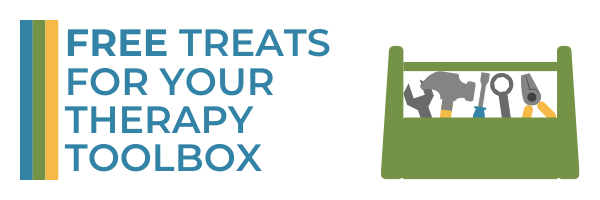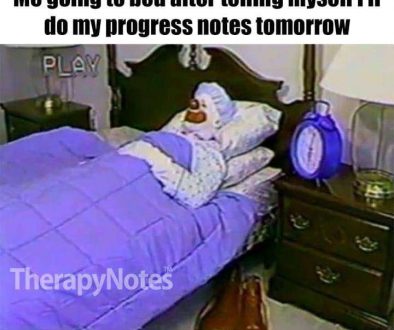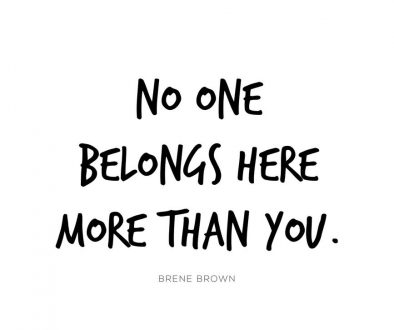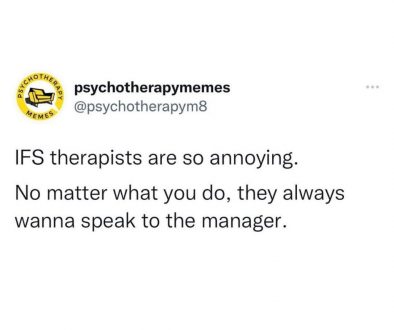42nd Edition
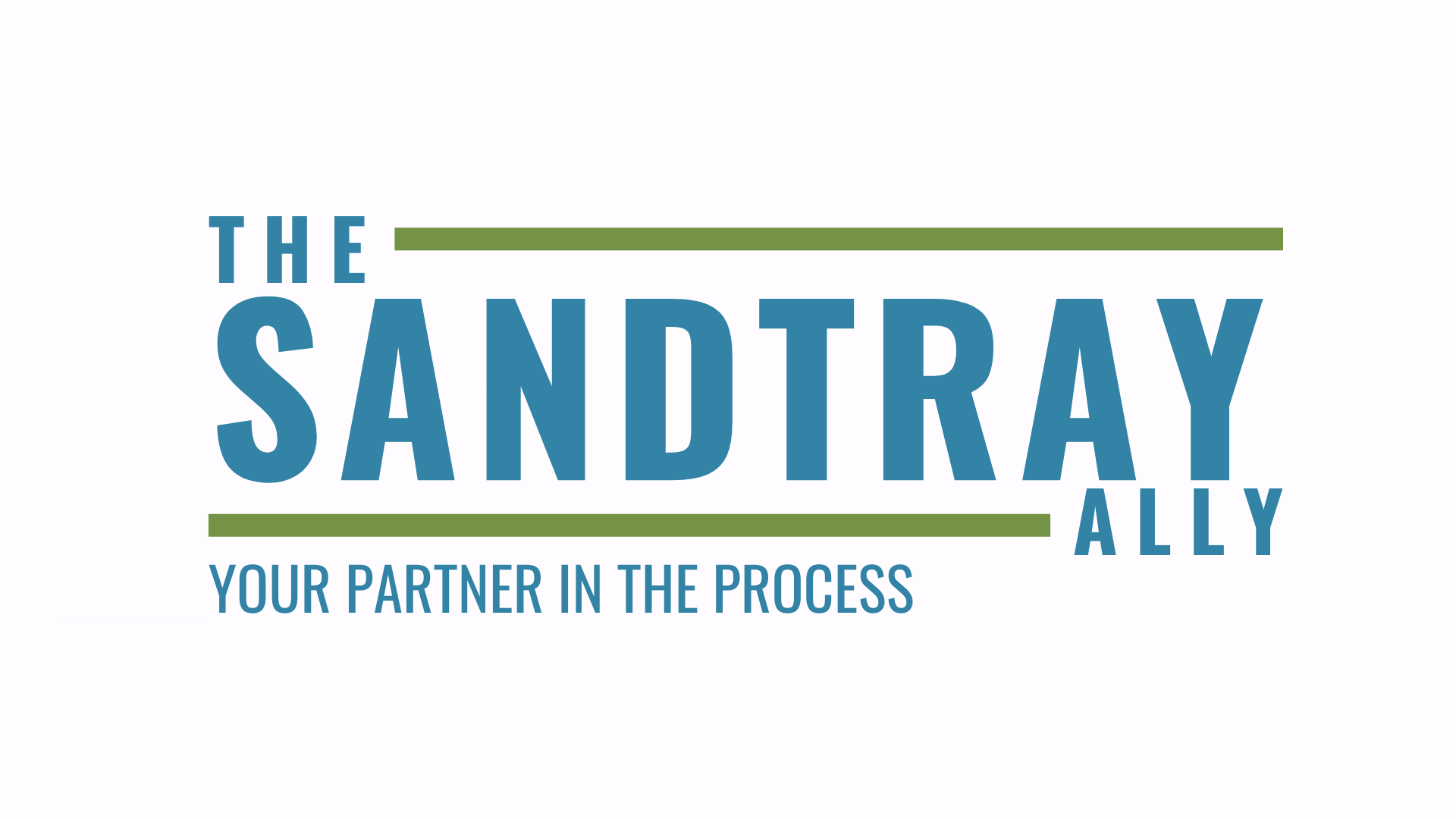
|
IKR!!
Anyway, now let's get to some of the info that has been rocking my world this week.
First, let's talk about the amazing podcast episode with Brene Brown and Amy Cudy discussing why this stage of the pandemic is SO anxiety-provoking and just hard.
If you're not familiar, Amy Cudy is the best-selling author of Presence and more recently co-authored a piece about the Pandemic Flux Syndrome.
To go straight to the sources, check out the links below for each:
Podcast with Brene and Amy Cudy
Article about why this stage of the pandemic is so anxiety-provoking
But, I'm assuming many of you are as busy and dare I say it - burned out - as I feel at times, so I'm going to do you a solid and summarize the key points that are most important to you and give you insight as to how this pertains to your sandtray therapy practice.
1. Our bodies aren't meant to be in high-stress for this long.
We only are built to withstand short periods of stress and then have recovery periods, which spring into renewal. In spite of our best hopes and attempts, the pandemic isn't over and it's effects continue to be felt within ourselves and our clients.
Given this, what happens when people continue to be in stress for a long period of time?
We don't do well and what this looks like varies from person to person.
For example, those who tend to towards anxiety often want to get up and move, start a new hobby, or just do something different in an effort to discharge the internal anxiety. How many people do you know have changed jobs, moved, or just changed their worldview in the past 18 months??
This effect has been so widespread that it's now called the Great Resignation
However, others (raising my hand high here) may tend towards depression and will just check out. They want to retreat from the world, cover their head, and just disconnect.
Of course, doing this for a time is fine, and even healthy, but prolonged isolation and disconnection is not healthy for the human soul.
Key takeaway for your clients: Recognize what is reaction to anxiety or depression. Name it for what it is and allow the feelings underneath to be felt rather than going through knee-jerk reactions.
In one of my recent trainings with Bruce Perry, he cautioned us to be aware of the ways in which our society has "invented away" from our biological needs. Of course, this training was pre-pandemic but the concept is the same. In the past 18 months, we have been encouraged and in some parts of the world - forced - to isolate from others.
The impact of this prolonged isolation for our society will be felt for generations to come in all type of ways.
For example, the rate of maturity for children is directly correlated to the amount of interactions with words they have with others. Again, even before the pandemic this was concerning due to the excessive screen time some our children experience. Now, we have been forced to take children in their most vulnerable time in regards to brain growth and truncate the their ability to interact with others. This extremely unfortunate string of events will continue to cause ripple effects as our children mature into adults.
Key takeway for your clients: Encourage caregivers of children to expand their circle of connection as much as possible, while keeping children safe. Explain the importance of social interaction during the brain's vulnerable state in childhood and work through emotions about this with parents and caregivers.
2. No solid agreement on the problem makes for difficulty in achieving "success"
Have you ever conducted a couples session when neither could agree on what the actual problem was within their marriage???
If so, what was your success rate??
I'm betting a lot less than those who at least held a common belief or goal that they wanted to achieve.
Now, expand that into a world-wide state of couples therapy and you can see why the solving the pandemic 'problem' has been so difficult.
We can't see this virus and many hold various beliefs on how serious it is. Add this fact to the already heightened fear and isolation that has been occurring, and no wonder 2020 was a powder keg.
So, if no one agrees on what race we are even running, we really have no chance of knowing where the finish line is, much less when we will cross it.
Humans, by nature, hold optimistic hope that the world will be a better place for their children and the future will be brighter; however, when reality hits over and over that hope is evasive, we just want to shut down.
Think of the difference in the reaction of our country to World War II and Vietnam?
The key difference?? Agreement on why we should be there and a solid understanding of what we are fighting for and against.
I argue that the same is true for the pandemic, which has great implications for us and our clients. This pandemic flux syndrome has major roots in our inability to agree on when we will "win."
Key takeway for clients: Normalize feelings of polarity and hopelessness that seems to be hanging around. Helping them put words and a frame around what this is allows the left brain to soothe the right brain's feelings by understanding no one is crazy and this is just hard.
3. Ambiguous grief is a real thing
The term 'ambiguous loss' was first coined by Pauline Boss in the 1970's to describe the grief that occurs outside of the traditional grief paradigm. Many people experience loss, sadness, and grief outside of the traditional lens of death.
Since this time, authors such as Brene Brown, have expanded upon this term to include ambiguous grief around events such as a child gong to college, a change in careers, a significant birthday number - really anything or event that happens that designates a change in our internal or external world.
In this time of the Pandemic Flux, many clients are struggling with returning to the office and are mourning their work from home routine. Maybe they were extremely pumped about seeing their friends and then when the time occurred, they were somewhat let-down with the meeting because things have changed.
Today's world is constantly changing and we must in the words of Ross Geller, "PIVOT PIVOT PIVOT" 🙂
Because many of us have to do this constantly, we don't have time to feel these feelings about the change, which results in anxiety and depression rearing up again, as mentioned above.
In a recent training I did for my ICST cohorts, we spoke about this concept of ambiguous grief, even doing a sandtray about their experiences with this over the course of the pandemic.
The result?
Some tears and many feelings of "ahh-haa that's what that is!"
Key takeaway for clients: You can grieve something that is a good, neutral and, of course, bad. Grieving can look like the loss of connection, time, or even confidence from feeling out of sorts for so many months. Encourage your clients to look at changes through the lens of ambiguous grief, allowing them to wrap words around the hurt.
What I hope this information did for you:
Gave YOU an idea of what is going on in your heart, head, and life so you can show up for your clients without needing to experience knee-jerk reactions related to underlying and unspoken burn-out, depression, and anxiety.
Since I mentioned the training I did for the ICST cohorts this past week, I think it's only fair that I give you, my loyal reader, the resources I provided for them.
Of course, I hope this presentation is helpful but also may whet your appetite for more training through the IAST upcoming 3rd Annual Sandtray Summit - Online Experience, happening November 6-7, 2021.
And - if these types of conversations and trainings about how to heal and help others heal during a pandemic is something you want to know more about, you DEFINITELY need to attend the Sandtray Summit because we have one entire training dedicated to just that.
Want to check out the schedule??
Click here --- > Schedule for the Sandtray Summit Day 1
Schedule for the Sandtray Summit Day 2
And - you're going to want to register ASAP because the IAST board is packing swag boxes this weekend to be mailed out to all participants.
Almost all of the spots are taken for the swag boxes and after Saturday, we won't be sending out any more.
You're going to want this box - so many good miniatures, materials, and lots of surprises!
Claim your spot here ---> www.sandtraysummit.com
Oh, and did I mention Bessel van der Kolk will be keynoting?? YES. YOU'RE GOING TO WANT IN.
Quick quiz to check in on how you doin?? (and if you were paying attention to an Easter egg I dropped in the email)
What was Ross Geller yelling about when he was screaming PIVOT in the iconic Friends Episode??
Answer will be in the FREE Group The Sandtray Movement so check there for the answer!
Talk soon!
Amy
P.S. Don't forget to register for the Sandtray Summit - Online Experience THIS WEEK so you can grab one of the last swag boxes mailed to your door.


